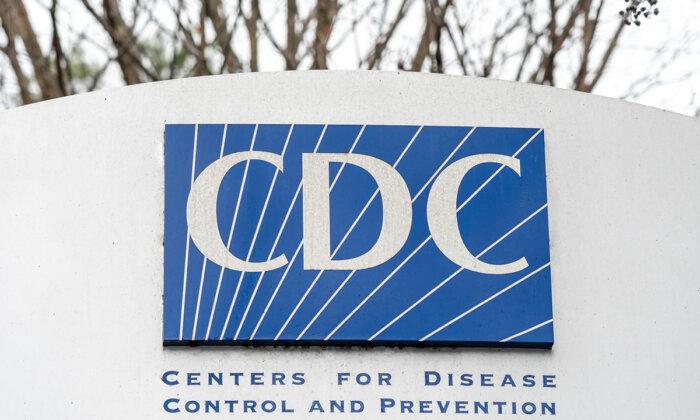The New York State Department of Health issued a guidance report Wednesday detailing the arrival of a flesh-eating bacteria that has killed three people—one in New York and two in Connecticut—and how residents can protect themselves from infection.
The unfortunate arrival of Vibrio vulnificus bacteria in Suffolk County, Long Island, is worrisome because consequences of infection are “extraordinarily dangerous,” New York Governor Kathy Hochul said in the report.
“As we investigate further, it is critical that all New Yorkers stay vigilant and take responsible precautions to keep themselves and their loved ones safe, including protecting open wounds from seawater and, for those with compromised immune systems, avoiding raw or undercooked shellfish which may carry the bacteria,” she added.
Vibriosis Symptoms
According to the U.S. Centers for Disease Control and Prevention (CDC), vibriosis causes symptoms like diarrhea, stomach cramps, vomiting, fever, and chills. In extreme cases, it causes ear infections, sepsis, and life-threatening infections. The agency estimates that vibriosis causes 80,000 illnesses and 100 deaths in the United States annually.Health Commission Dr. James McDonald urges medical practitioners to be on high alert when patients come in with suspicious infections or sepsis with unknown origins. Overlooking the possibility of vibriosis could be a matter of life and death.
New York health officials can’t say for sure if infections were encountered in the region or elsewhere and brought back to the area.
“While we continue to investigate the source of this rare infection, it is important for residents to remain aware and vigilant of precautions that can be taken,” Suffolk County Executive Steve Bellone said in the report. “As always, if any residents have health concerns, we encourage them to contact their health care provider.”
Protecting Against Infection
The following strategies are recommended to protect against vibriosis:- People with a cut or scrape or a recent ear piercing or tattoo should avoid exposing skin to warm seawater or cover these areas with waterproof bandages.
- People with compromised immune systems should avoid eating foods that may carry the bacteria, such as raw or undercooked shellfish and oysters.
- Wear gloves when handling raw shellfish, and thoroughly wash your hands when finished.







